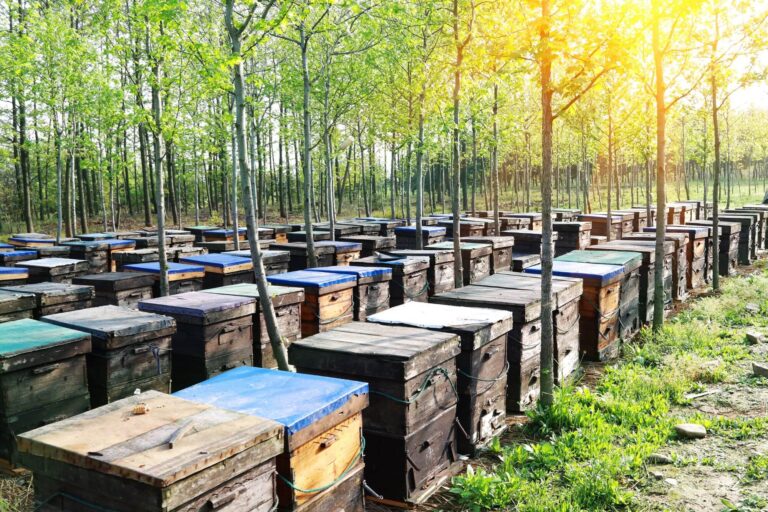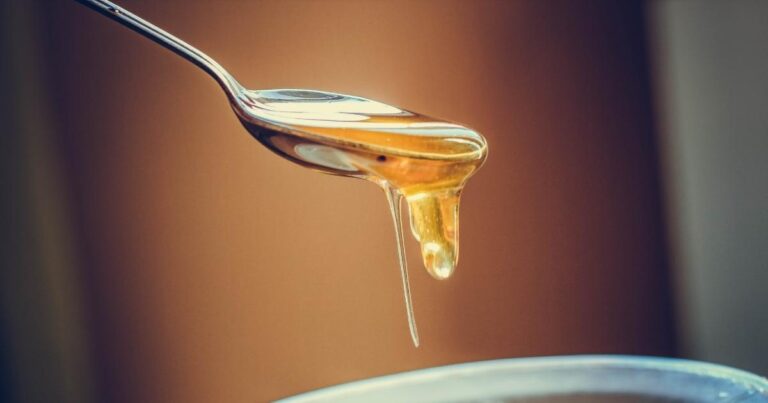Neonicotinoid Insecticides Banned in Europe
NEWS FLASH: Neonicotinoid Insecticides Banned in Europe What a time to be travelling in Europe! Just days ago, the EU Member States voted in Brussels…
NEWS FLASH: Neonicotinoid Insecticides Banned in Europe
What a time to be travelling in Europe! Just days ago, the EU Member States voted in Brussels to ban the outdoor use of neonicotinoids. Neonicotinoids (or neonics) are a class of neuro-active insecticide that have similarities to nicotine. Developed in the 1980s and 1990s by Shell and Bayer, neonics were created to control several pests, especially sap-feeding insects, such as aphids on cereals and root-feeding grubs.
Unlike contact pesticides which remain on the surface of the treated foliage, neonics are systemic, ingested by the plant and transported around it to all its tissue. This includes its leaves, flowers, roots and stems, as well as the pollen and nectar that bees feed on. Neonics are applied at the root or sprayed onto crop foliage, and remain active for many weeks, protecting the cop throughout the season. They are often used to treat cereals, sugar beet, ornamental pot plants, turf and greenhouse crops such as apples and pears. However, for the past thirty years, it has become evident that neonics have a devastating effect on bees. As bees are genetically more disposed to feeling the effects omitted by neonicotinoids, they have suffered massive losses and negative affects to their breeding and honey production since these chemicals were introduced.
In March, the European Food Safety Authority published risk assessment reports which brought to light grave problems with these pesticides. Scientific assessors conclude a high risk to the life of both wild and honey bees due to genetic factors that amplify the effect of these chemicals, as well as the pesticide contaminating soil and water in the environment. As a result, the European Commission has now voted positively to heavily ban their outdoor use; these chemicals will only be allowed to be used on plants housed permanently in greenhouses.
This is a huge step forward for the bees of Europe, and for society here more generally. As these insecticides affect bees, they also affect other animals including birds and insect varieties. In turn, it is still unknown how these neonics might affect humans. With over 5 million people signing a petition through the campaign group Avaaz for this ban of three main neonicotinoids in Europe, it shows that governments are finally taking note of apiarists, farmers, scientists and the general public who understand that the bees of the world can’t live with chemicals like neonicotinoids.



